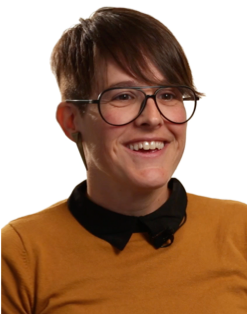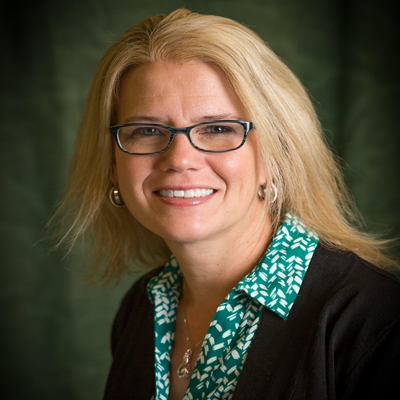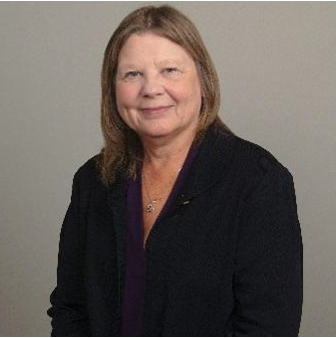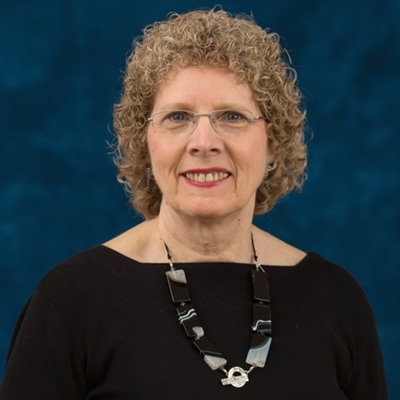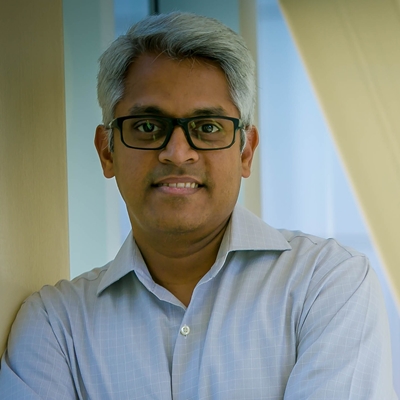Other presenters: Julie Bergeron
Presentation Title: Embracing the Unknown While Exploring STEM: A Key Towards Inclusion, Motivation and Empowerment of Learners and Teachers
Abstract: Primary teacher’s attitudes and beliefs regarding STEM influences their teaching of STEM. It has been shown that while testifying to have low self-efficacy and anxiety related to STEM, teachers felt more secure when using strict, pre-planned and multi-step activities in STEM. Unfortunately, the rigid pre-planned and fully adult controlled activities in STEM literally “nurture” learners’ motivation problems, resulting in the development of negative attitudes towards STEM and considerably limit the students’ development of problem solving skills. Research has shown however, that breaking this cycle of avoidance and insecurity in STEM is possible. For instance, hands-on activities in the STEM classroom support student engagement and the development of practical sustainable strategies in STEM. Hence, we will share in images and short videos some promising practices as ways to animate engaging whole class dialogue around STEM issues with students, how to pursue open-ended questioning activities, how to optimise materiel discovery, and how to develop a community of expert-practitioners in the STEM classroom. Research suggests that these activities and strategies increase teachers’ and learners’ motivation and inclusion, making them experience science in meaningful and empowering ways. Therefore, this curriculum burst activity should inspire teachers and school advisors to explore and implement new practices in the STEM classrooms.
The “CS for All” team at Cleveland State University, led by Dr. Nigamanth Sridhar and Dr. Debbie Jackson, is working alongside the Cleveland Metropolitan School District on a “CS for All” program. This program is primarily focused on ensuring that every student in the district has the opportunity to acquire knowledge and skills in this field. Their training programs and expertise ensures that the district has a robust group of teachers who are trained and ready to deliver top-quality computer science instruction. In the summer of 2016, they worked with a dozen teachers, and as a result of that training, seven high schools in CMSD offered computer science courses. This number has doubled this year, and nearly half of all high schools in the district will offer one or more computer science course. The team’s work is purposeful and sustainable: at the same time when they are training new teachers, as well as building capacity within the district in the form of master teachers who can provide thought leadership inside the district.
Presentation Title: NASA STEM Engagement with Engineering Design Challenges: Powered and Pumped Up with Solar Energy
Abstract: The NASA’s Powered and Pumped Up Engineering Design Challenge was developed to engage middle school students in designing, building and improving a stand-alone solar-powered pumping system to move water as quickly as possible between two containers. The facilitator guide includes:
- Introduction to the Engineering Design Process
- Facilitator Instructions
- Three Supporting Science Investigations for scaffolding
- Assessment tools
- Student Journals for all three Investigations and the challenge.
The Engineering Design Process is a series of steps that engineers use to guide them as they solve problems. What makes this curriculum different than others is that there is no “recipe” for building the items in each activity and there are no given drawings. The emphasis is for students to understand that engineers must “imagine and plan” before they begin to build and experiment.
Educators will learn to navigate the NASA resources to find resources incorporating the Engineering Design Process. They will complete a STEM inquiry-based supporting activity from the Challenge facilitator guide. All activities presented correlate to the NGSS and Core and Science standards.
Biography: Susan Kohler is the current Education Professional Development Specialist for the EPDC (Educator Professional Development Collaborative) Project at NASA Glenn Research Center and a Faculty of practice at Texas State University in the LBJ Institute for STEM Education and Research. With more than 25 years of K-12 educational leadership experience, her workshops feature insights and expertise in Instructional Strategies and Implementation of STEM programs. She taught science for 13 years at the high school level before being promoted to Asst. Principal, Principal and Curriculum Director. Her credentials include a Master’s in Education Administration and research in Neurophysiology. As the NASA EPDC education specialist, she has presented educator workshops at state and national conferences in the NASA Glenn Research Center six state region (Ohio, Michigan, Illinois, Indiana, Minnesota and Wisconsin) for the past 8 years. She has collaborated with districts in the six state regions to provide professional development at the building and district level in STEM, Engineering Design and PBL. The work includes opening and sustaining new STEM and STEAM schools.
Dr. Carolyn Hayes has lead an illustrious career as a STEM educator, from her days in the classroom where she was engaging and encouraging students to dig deeper and look for answers to their questions and curiosities, to her inspiring role as President of the largest organization for science teachers worldwide, NSTA (National Science Teachers Association) — Dr. Hayes has always put students and teachers first. Creating an environment that challenges participants to push for sense-making and understanding are always at the core of her inspiring leadership. Years later she continues those efforts; whether it’s when providing professional learning opportunities for science and STEM teachers, working as Executive Director for the Hoosier Association of Science Teachers, Inc. (HASTI), or through the on-going (and both delightfully lively and current) facilitation of the monthly #NSTAchat science and STEM education Twitter chats, Dr. Hayes is always in motion and always finding ways to encourage those around her to keep science and STEM teaching and learning real, relevant, and exciting!
The “CS for All” team at Cleveland State University, led by Dr. Nigamanth Sridhar and Dr. Debbie Jackson, is working alongside the Cleveland Metropolitan School District on a “CS for All” program. This program is primarily focused on ensuring that every student in the district has the opportunity to acquire knowledge and skills in this field. Their training programs and expertise ensures that the district has a robust group of teachers who are trained and ready to deliver top-quality computer science instruction. In the summer of 2016, they worked with a dozen teachers, and as a result of that training, seven high schools in CMSD offered computer science courses. This number has doubled this year, and nearly half of all high schools in the district will offer one or more computer science course. The team’s work is purposeful and sustainable: at the same time when they are training new teachers, as well as building capacity within the district in the form of master teachers who can provide thought leadership inside the district.
